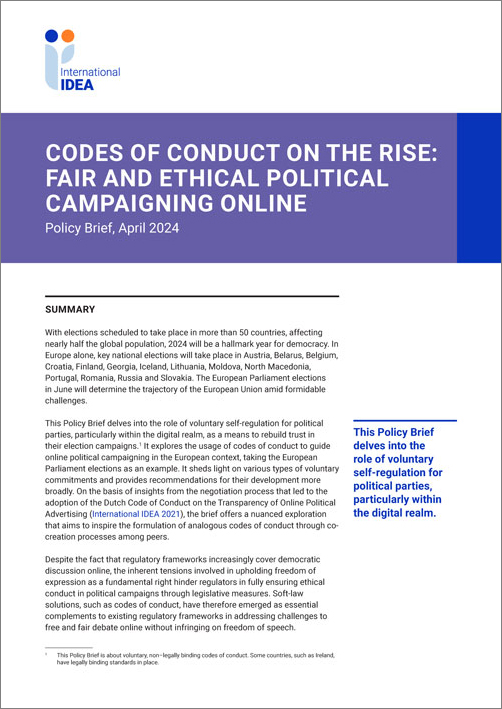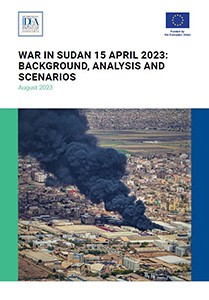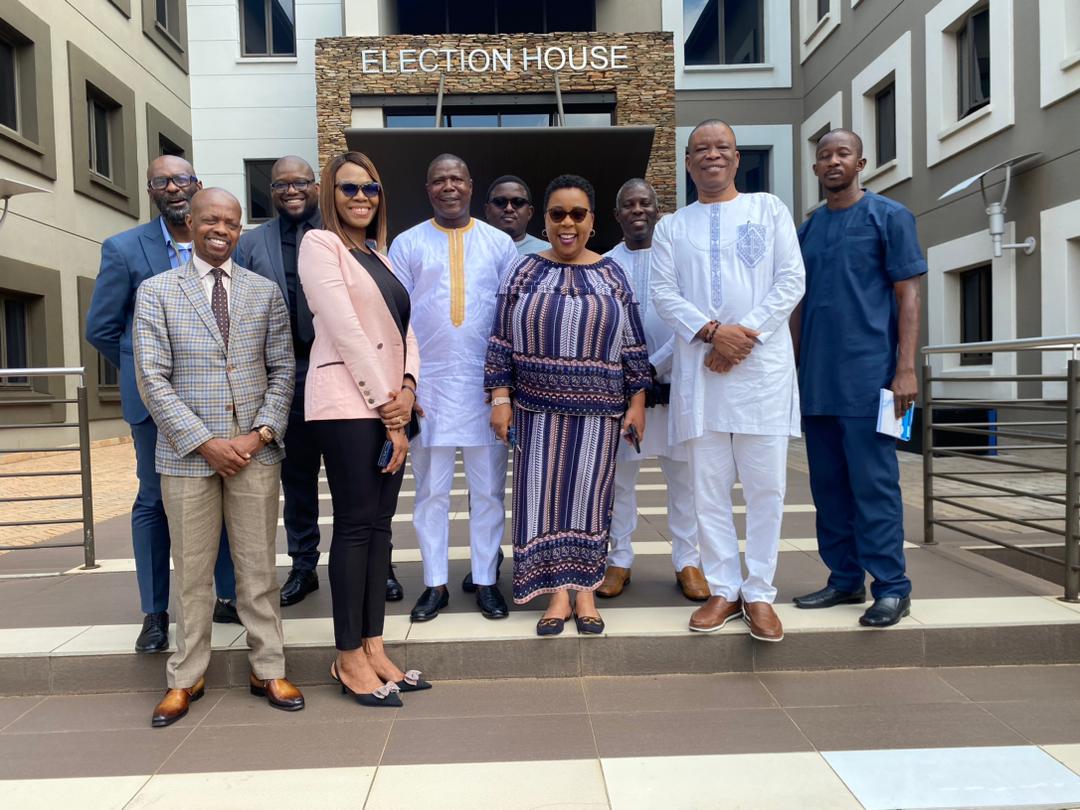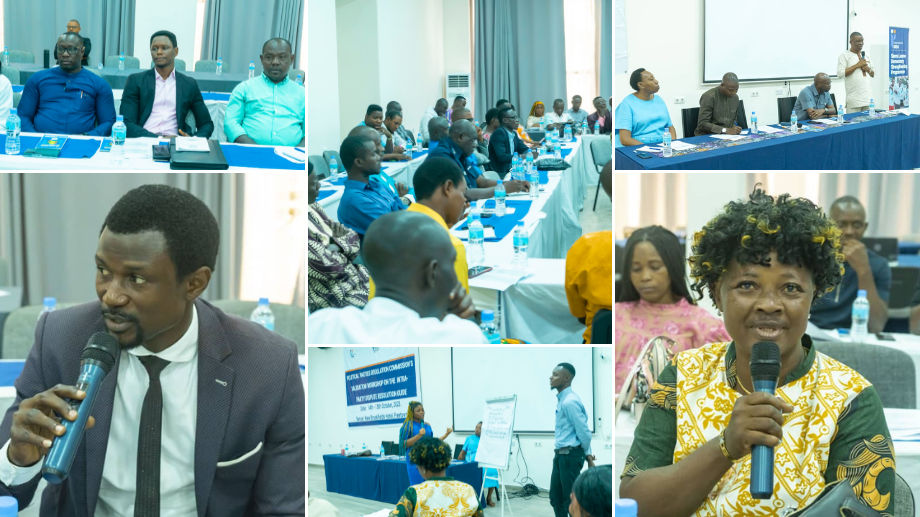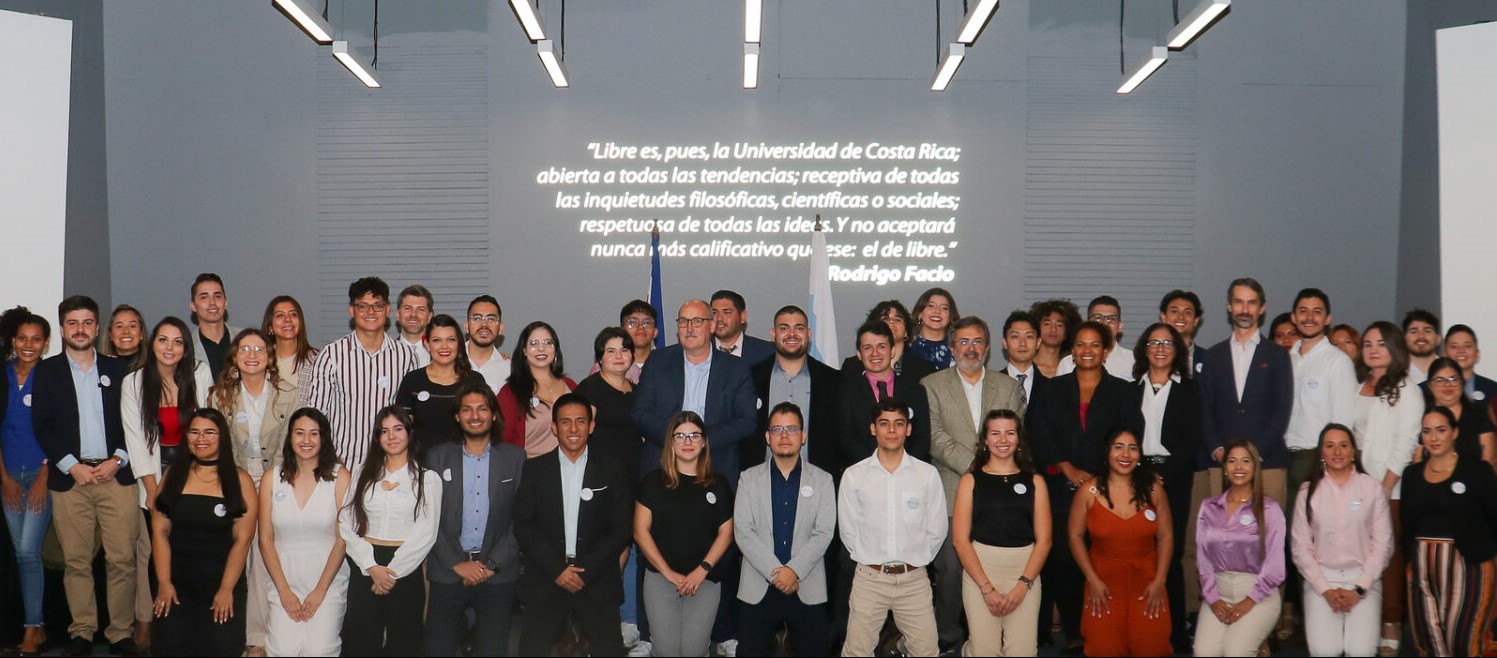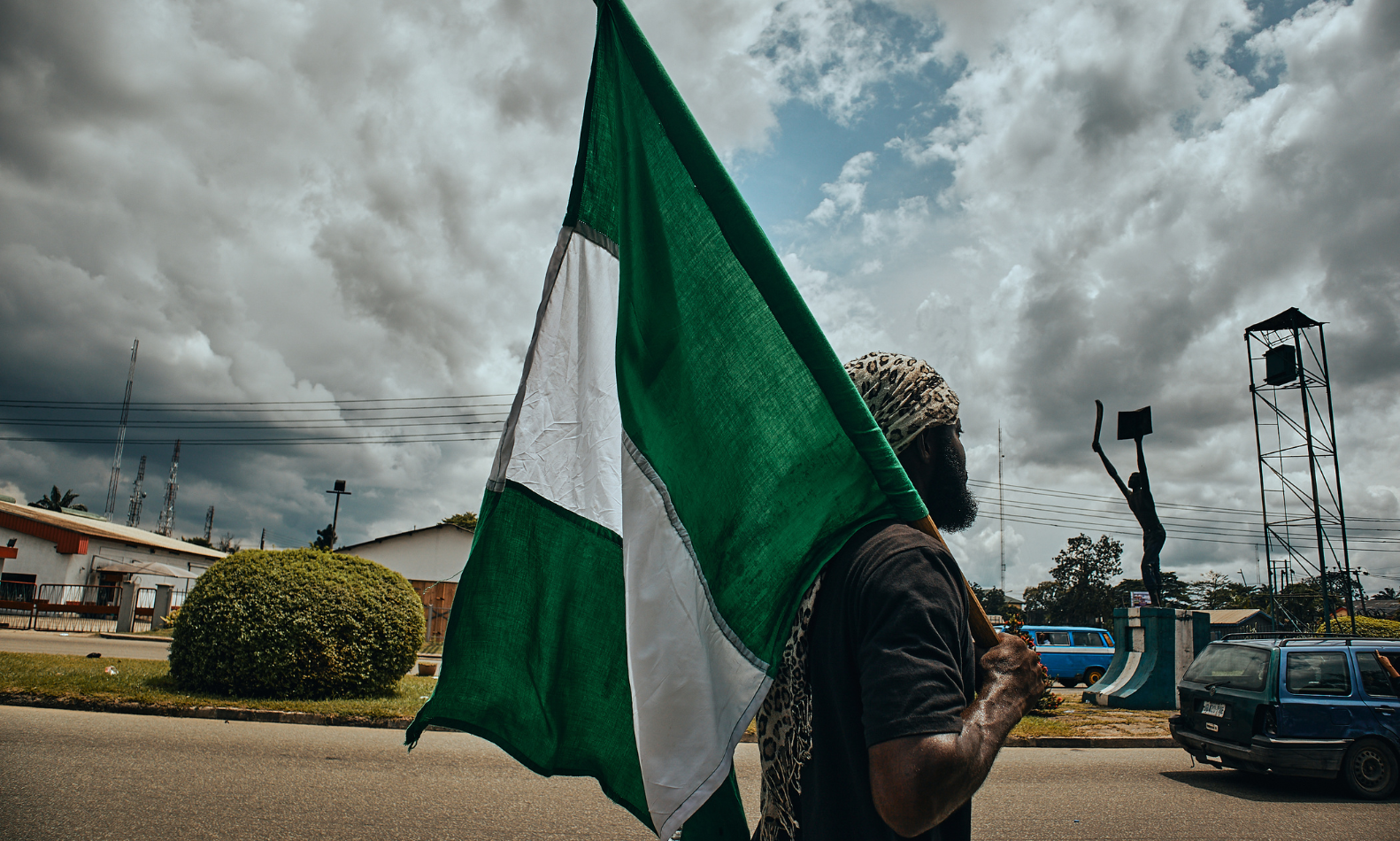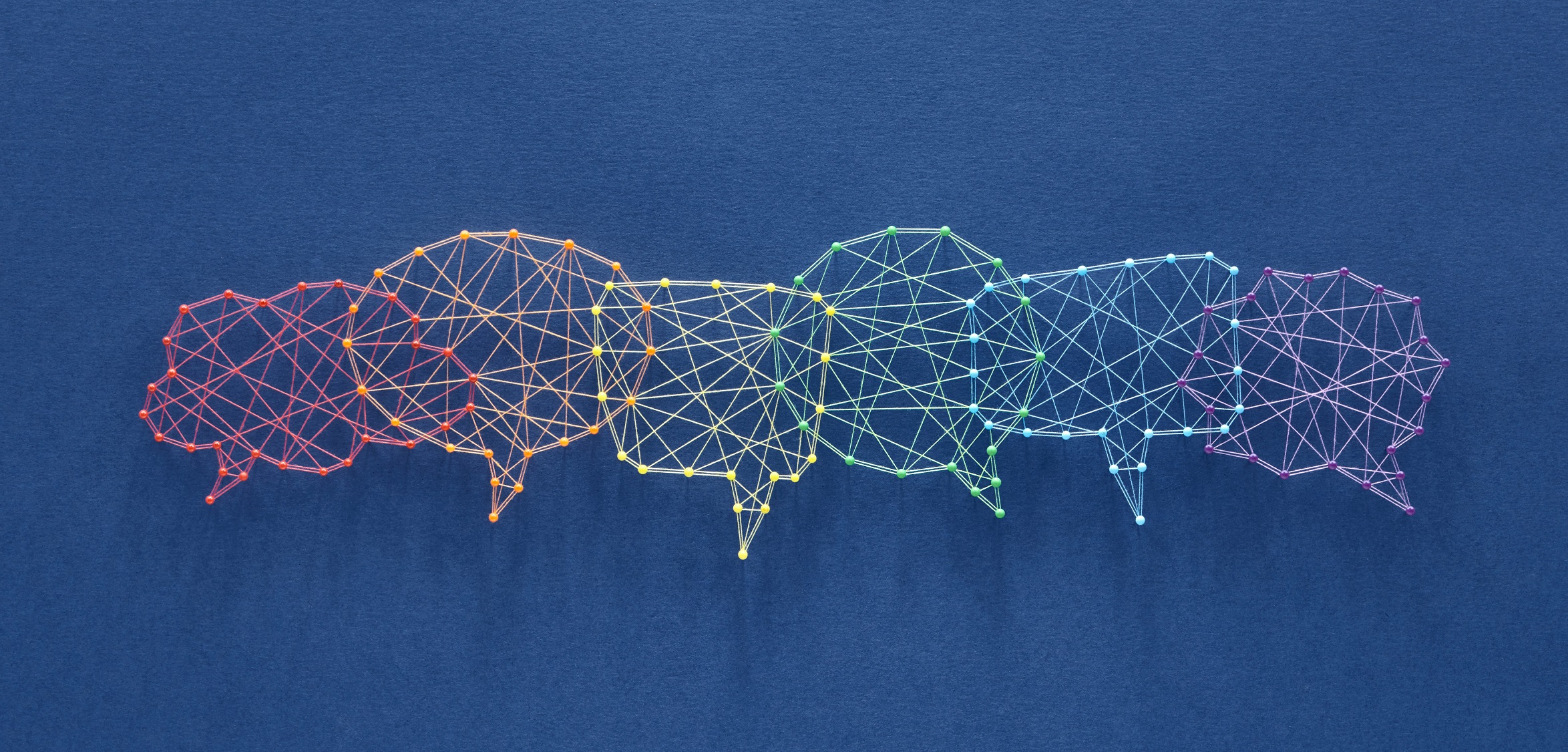Protecting Political Campaigns from Digital Threats
Political campaigns online have demonstrated that they can help candidates win elections, include more citizens’ concerns in political debates or allow upcoming parties to gain political exposure.
However, social media can also have a negative effect on political and electoral integrity by attacking an essential principle of democracy: the fundamental right of citizens to access trustable, reliable information to form their political opinions and, ultimately, decide their votes.
In this context of potential manipulation of public opinion through digital information operations, electoral management bodies, monitoring authorities, legislators and political parties face increasing difficulty in protecting the integrity of the political process.
Based on International IDEA’s work in Tunisia, Panama and Bolivia, this Fact sheet seeks to identify some overarching recommendations and a way forward based on how these types of activities may have potentially influenced their recent elections.
Details
Contents
1. Overview
2. Tunisia
3. Panama
4. Bolivia
5. Key issues to consider
References
Give us feedback
Do you have a question or feedback about this publication? Leave us your feedback, and we’ll get back to you
Send feedbackProtecting Political Campaigns from Digital Threats
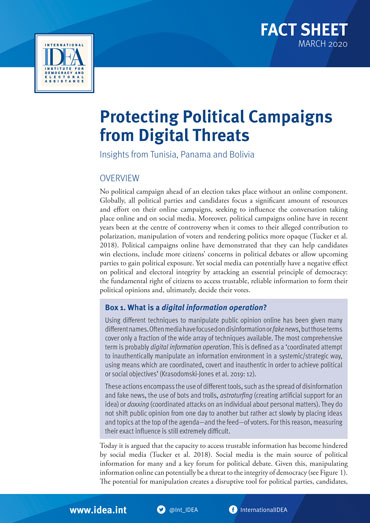
| Total views | 5695 |
|---|---|
| Downloads | 44 |
| Rating |
Give us feedback
Do you have a question or feedback about this publication? Leave us your feedback, and we’ll get back to you
Send feedback

